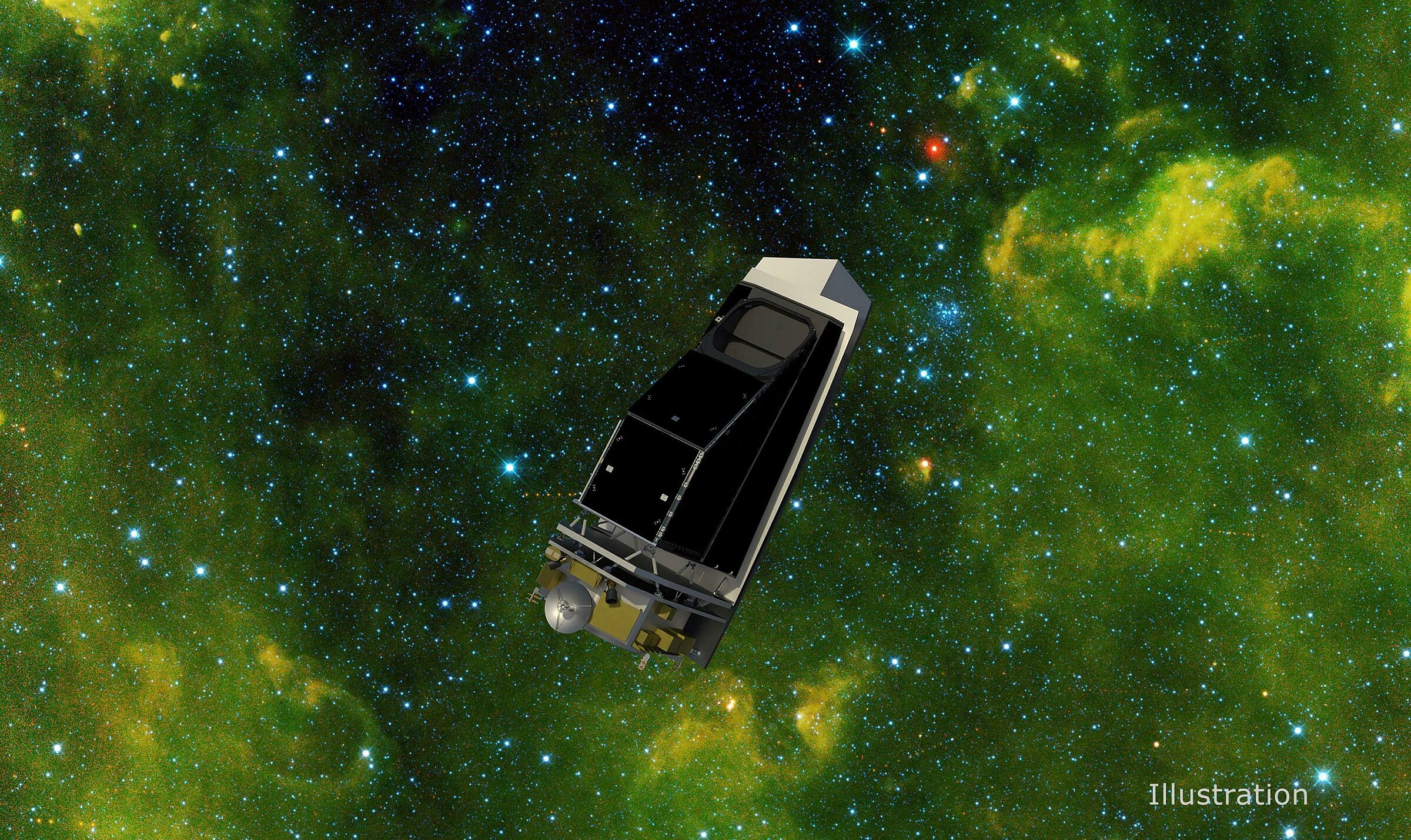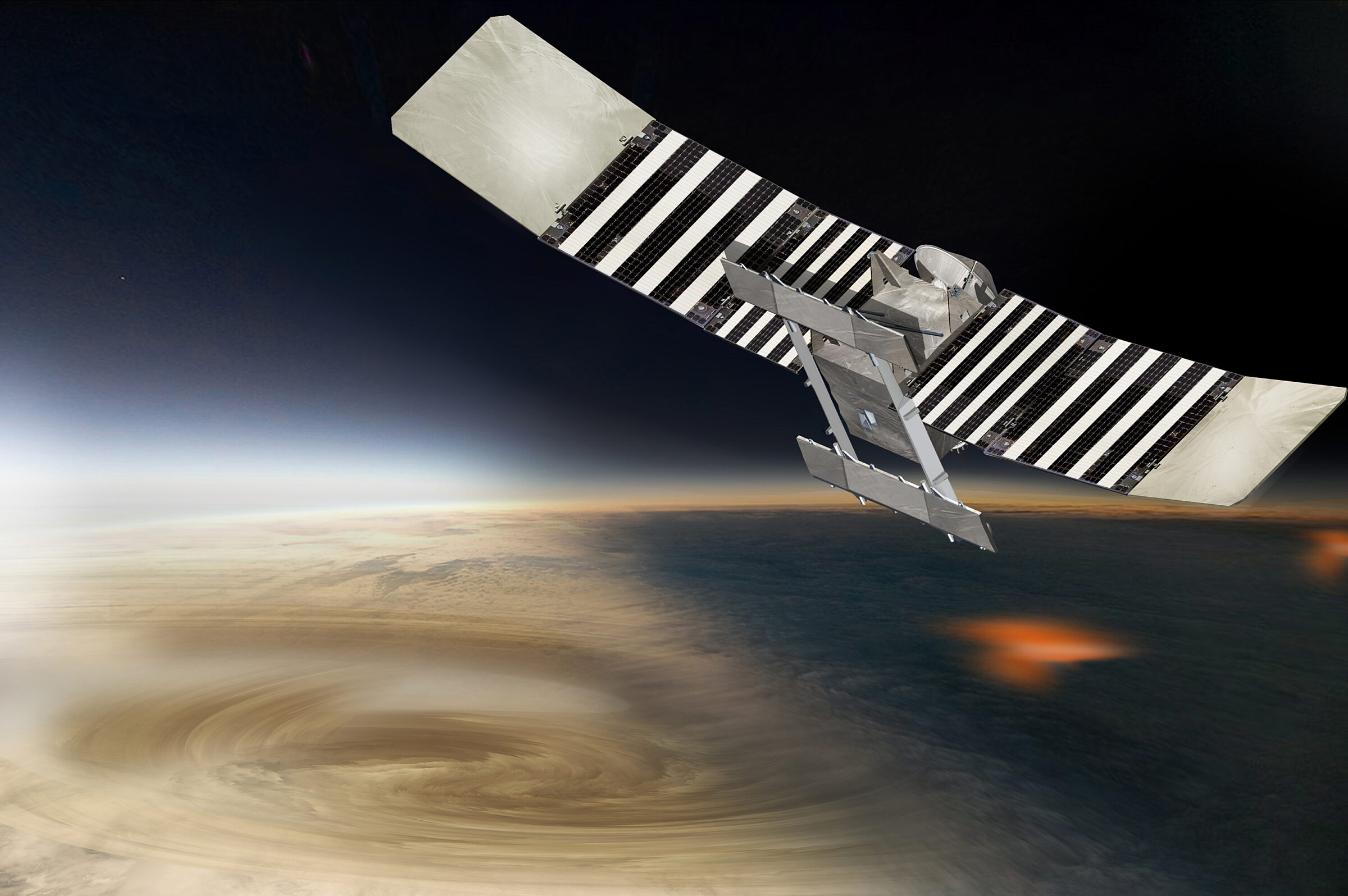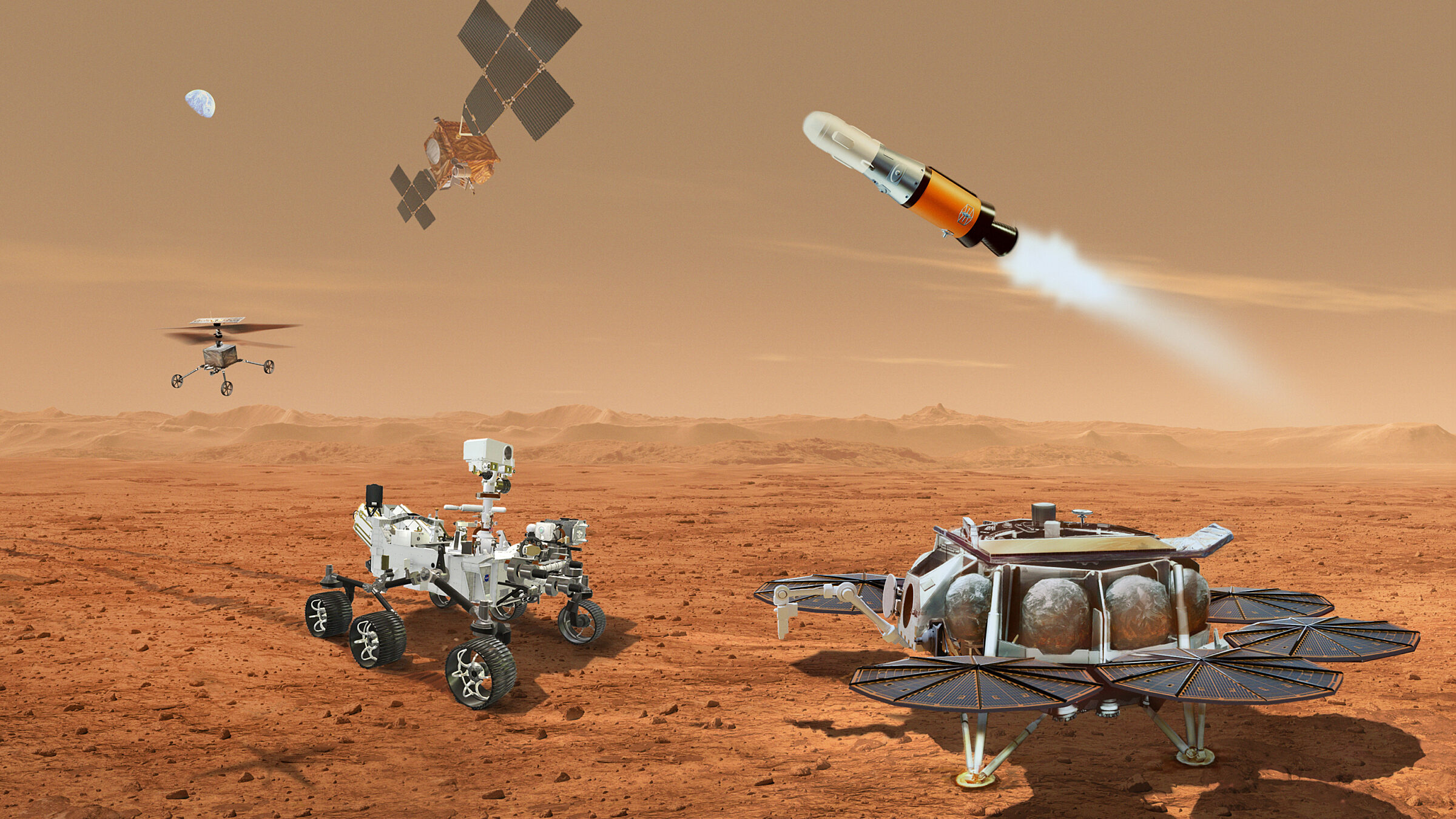Casey Dreier • Mar 20, 2024
The Planetary Society advocacy priorities in NASA’s final 2024 budget
Despite an overall cut, many of our top priorities were included
Five months into the fiscal year under consideration, Congress finally passed a budget for NASA on March 8, 2024. It provided $24.9 billion, a cut of 2% (about half a billion dollars) relative to 2023. This is NASA’s first year-over-year cut since 2013, a direct result of congressionally mandated spending caps passed in the summer of 2023.
As a result, funding for most NASA programs remained flat relative to 2023. The notable exception was Artemis, which saw a slight budget increase of $200 million to $7.7 billion. NASA’s return-to-the-Moon effort again demonstrated the resilience of its political coalition by continuing to grow despite this year’s budgetary pressure.
Funding for NASA’s Science Mission Directorate, on the other hand, shrank by $457 million.
This cut was directed at a single project the Planetary Science Division’s troubled Mars Sample Return (MSR) project. Originally requested at $949 million, Congress provided “no less” than $300 million, but removed $522 million from the Planetary Science Division's total budget. If NASA wants to provide additional funds to MSR in FY 2024, money would have to come from other projects. Whether this will occur is uncertain given the negative politics of such a decision and the program’s current development freeze during its extended reformulation/replanning process.
Regardless, it’s not too much to say that MSR took it on the chin in FY 2024 to preserve the space agency’s other science initiatives.
Despite these difficulties, many of The Planetary Society’s top advocacy and policy goals ended up fully or partially included in the final congressional budget.
How do we choose our advocacy priorities?
The Planetary Society’s annual advocacy and policy goals derive from our foundational principles of scientific exploration, the search for life, and planetary defense. At the start of every year, we look for space science and exploration projects that closely adhere to these priorities, are facing immediate budgetary threats, and currently lack broad political support. We seek to optimize our members’ advocacy by directing their work to these high-impact, under-appreciated opportunities to advance scientific understanding and exploration of the cosmos.

Goal: Fund NEO Surveyor at $209.7 million
Outcome: Total success
The Planetary Society has been a stalwart supporter of this critical planetary defense mission for many years, and it continued to be a priority for us in the FY 2024 budget. In the past year, NASA finally "confirmed" the mission with a 2028 launch date. The agency requested $209.7 million in FY 2024 to help meet this schedule. Happily, Congress provided the necessary funding despite a reduced budget for planetary science.

Goal: Re-establish the VERITAS mission with a launch date before the end of the decade
Outcome: Partial success
In early 2023 NASA announced that the VERITAS mission to Venus was suspended with no timeline for a restart and no launch date. This was no fault of the mission, which had performed well up to that point. While this budget doesn’t specifically restore funding in FY 2024, it does include language directing NASA to submit a new budget profile and schedule for the mission and “encourages” the space agency to request sufficient funding to ensure a launch by the end of the decade. NASA’s subsequent budget request provided a new budget and schedule for VERITAS, though with a 2031 launch date — a huge turnaround for this valuable science mission.

Goal: Provide critical funding for Mars Sample Return within a balanced science program
Outcome: Mixed to partial success
Mars Sample Return emerged bruised and battered but alive in the FY 2024 budget, despite a Senate cancellation threat and an ongoing replanning process within NASA. The final budget provided "no less" than $300 million and "up to" the request of $949 million, though the overall budget within its home division, planetary science, decreased by nearly $500 million. Given its current status, it is unlikely the project could spend the upper amount this year. The budget agreement also explicitly rejects the Senate's original cancellation threat and restates that the project is the top priority of the planetary science community in the coming decade.
In addition to these big three items, The Planetary Society had additional goals we supported via our Washington, D.C. presence last year. A number of these also made it into the final congressional budget, including:
- Continuation of New Horizons in the Kuiper Belt, which survived a premature, budget-motivated end-of-operations threat.
- Increased funding for Dragonfly to Titan, which would have been reduced in FY 2024 and could have delayed the project's launch date.
- Establishment of a program office and budget line for the Habitable Worlds Observatory technology maturation project, the top priority large telescope project of the Astrophysics decadal survey.
Over a hundred Planetary Society members visited Washington, D.C. in the fall of 2023 to advocate for our priorities. Many thousands more wrote and called their representatives in Congress. These achievements are due to the collective effort of the members and supporters of The Planetary Society.
We look forward to making the case to reverse these cuts and grow NASA in FY 2025.
Full details on NASA's FY 2024 Budget
The White House proposed $27.2 billion for NASA in 2024. Instead, Congress provided NASA with $24.875 billion.
Our Statement on the FY 2024 Congressional NASA Budget
Cutting funding to NASA during this critical period undermines efforts to return humans to the Moon, return samples from Mars, search for exoplanets, and pursue exciting new science.
Political Advocacy
Our current advocacy goals, major issues facing NASA, detailed context, and actions you can take to support space exploration in the United States.


 Explore Worlds
Explore Worlds Find Life
Find Life Defend Earth
Defend Earth



